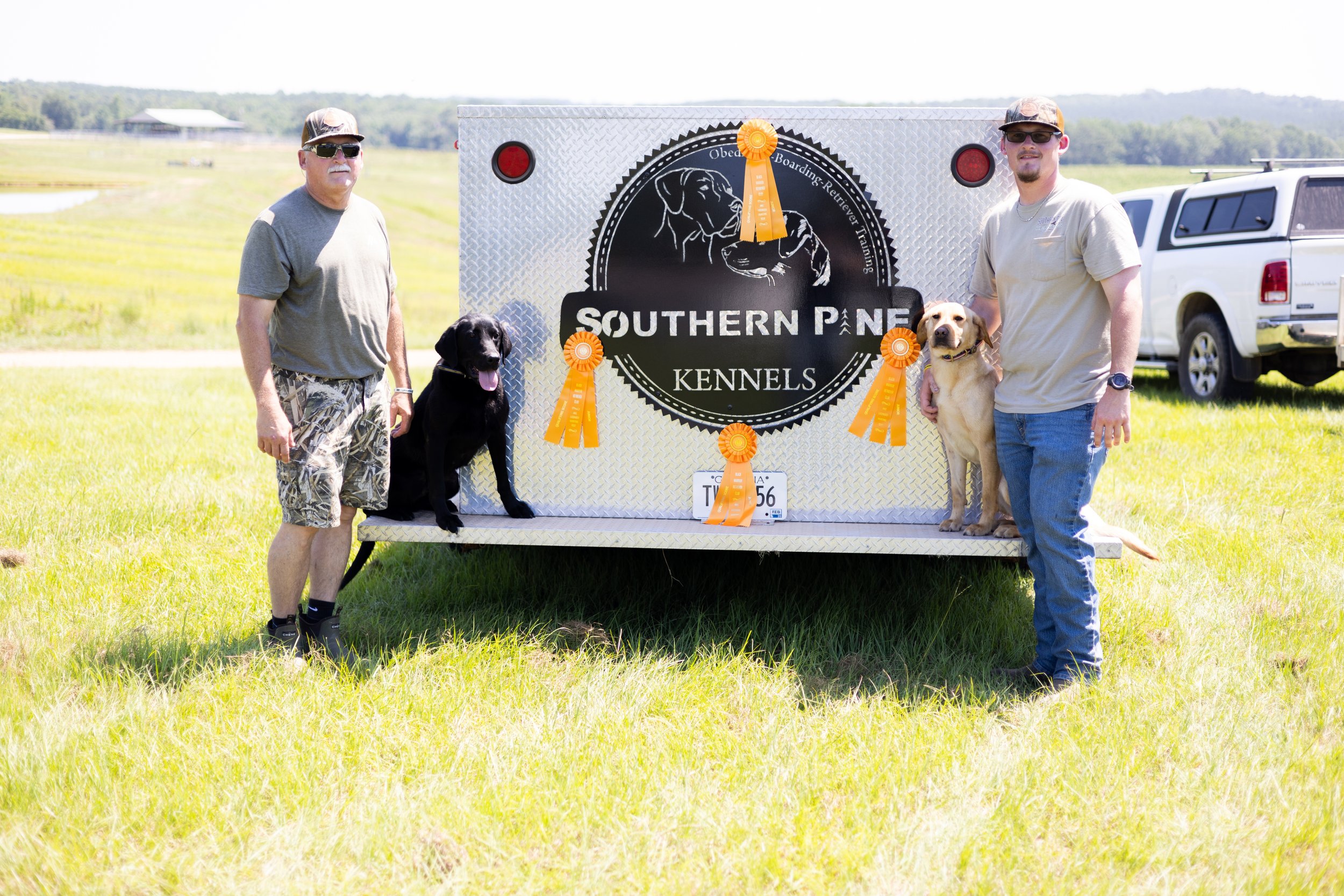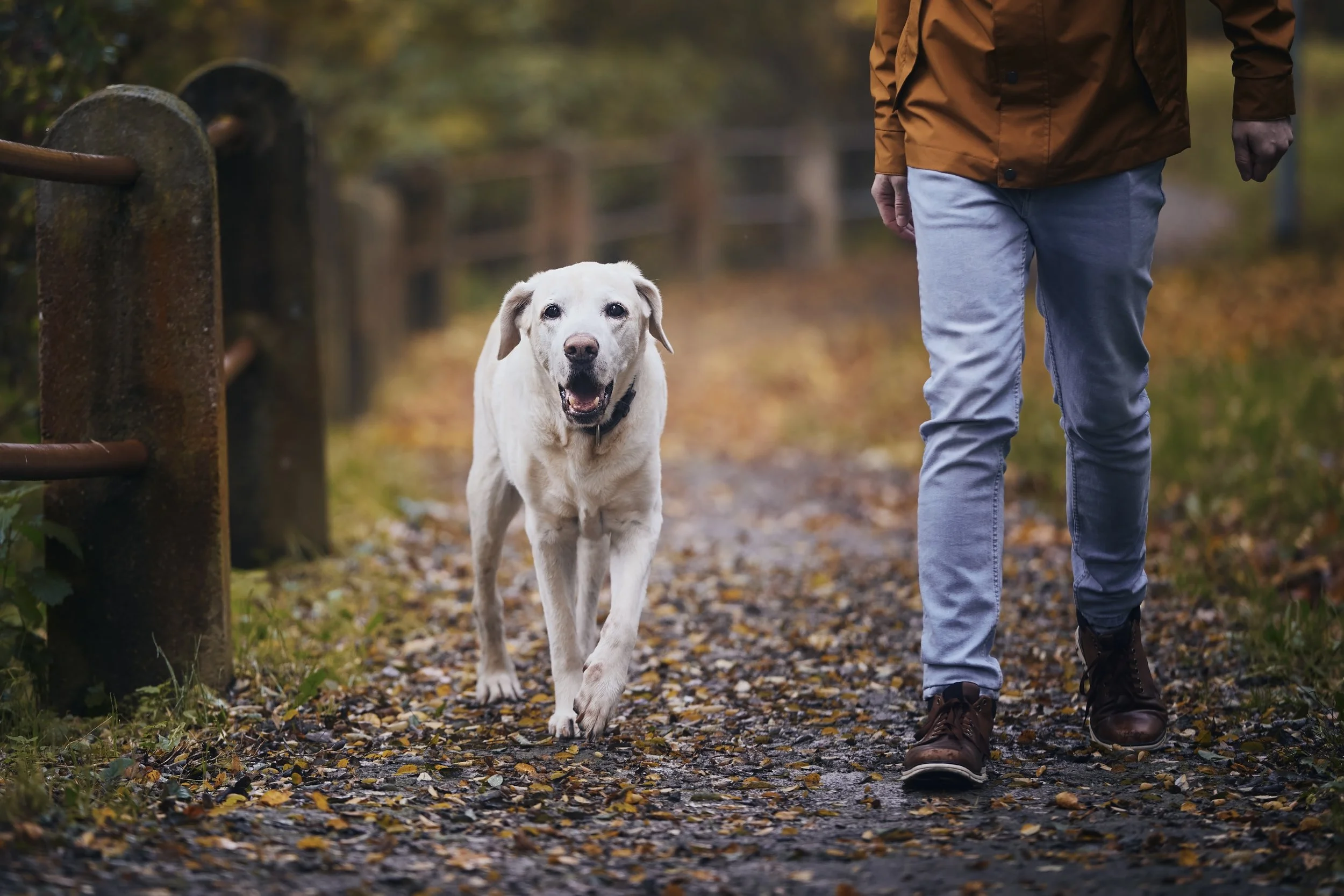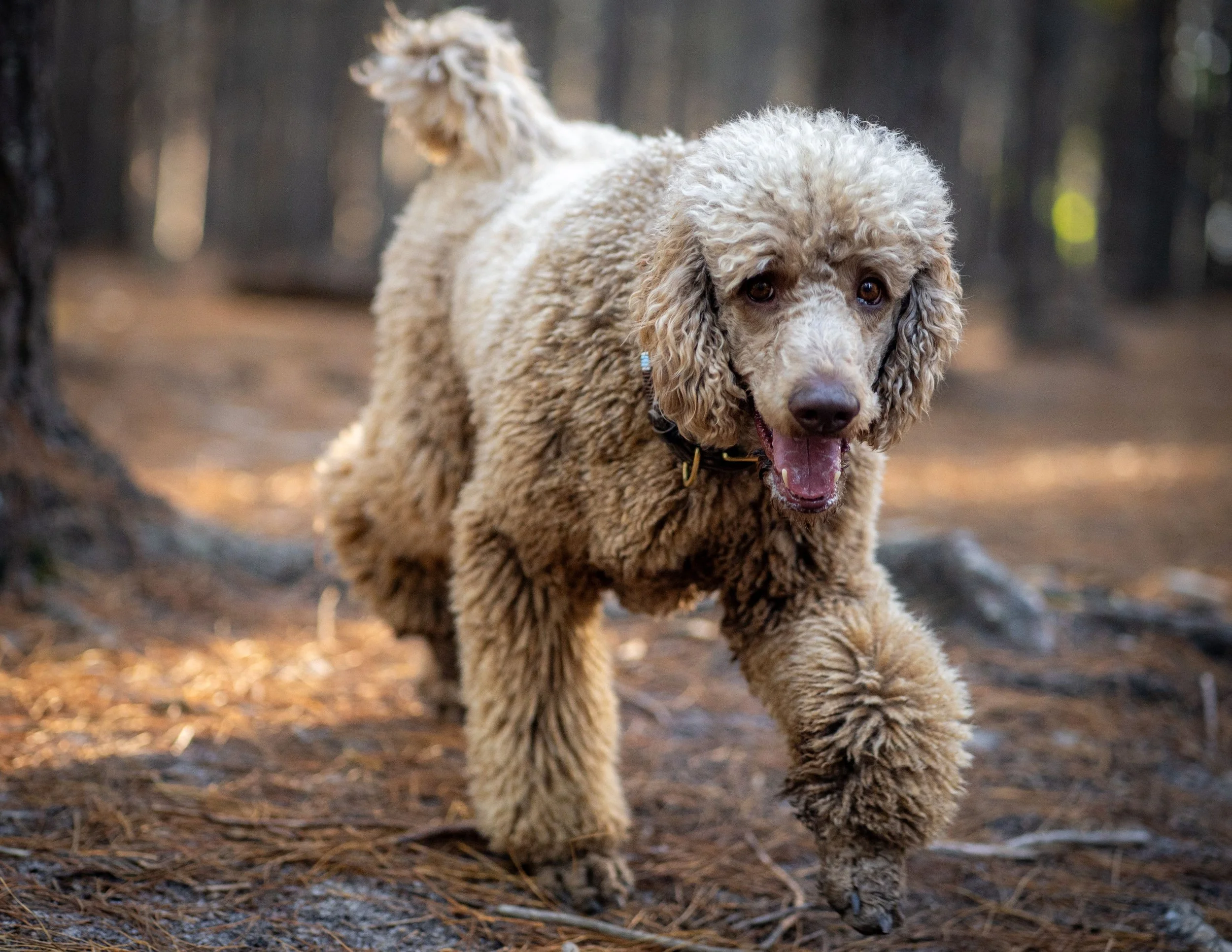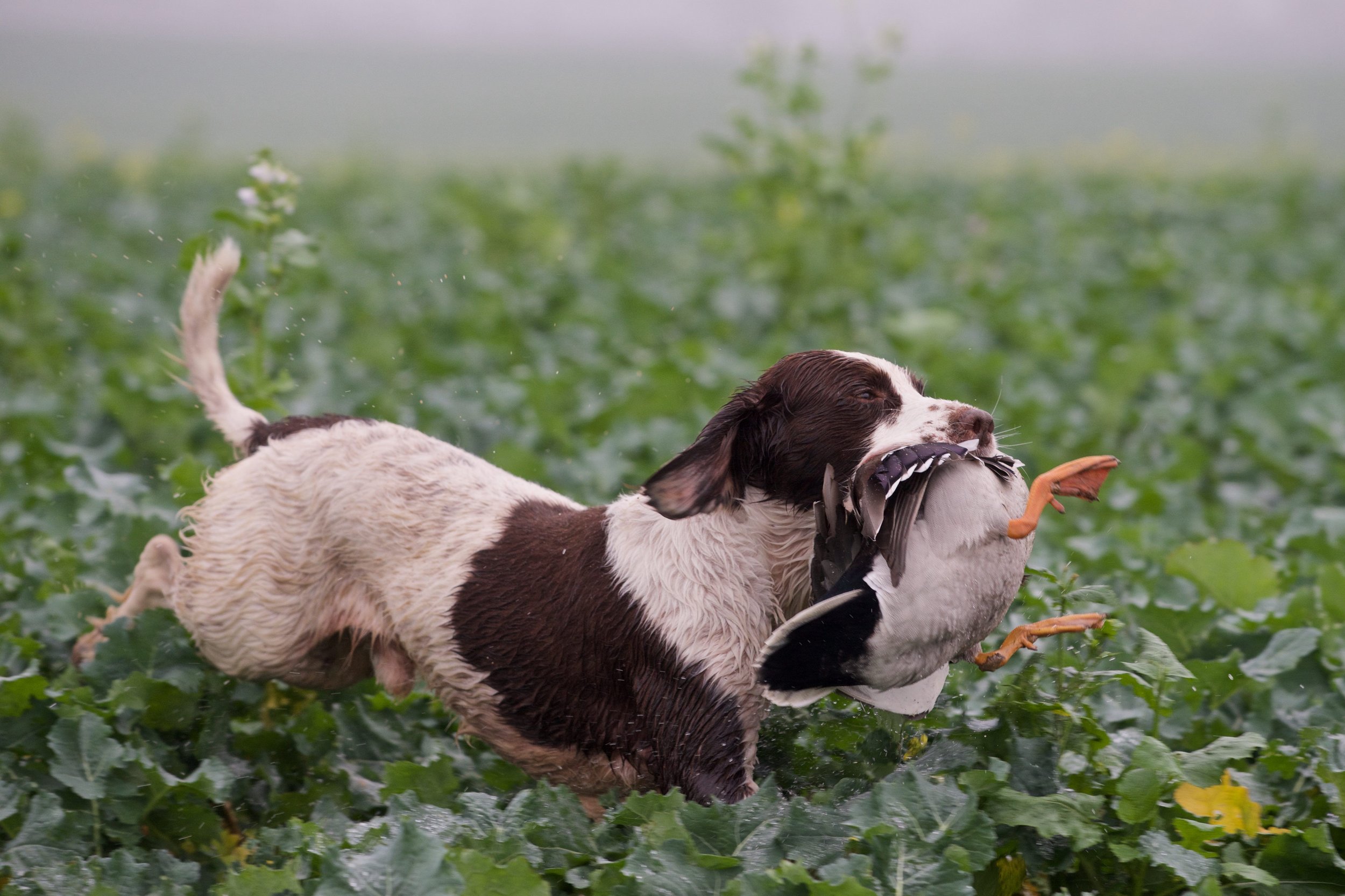Common Mistakes to Avoid When Hunting with Dogs
Hunting with dogs is a thrilling and rewarding experience, but it's important to be mindful of common mistakes that can impact your success. By avoiding these common pitfalls, you can ensure a safe and enjoyable outing for both you and your canine companions. In this article, we'll explore four key areas where hunters often go wrong and offer advice to help you steer clear of these mistakes.
Stay Current on Preventative Medicine
One of the most common mistakes to avoid when hunting with dogs is neglecting their health. Regular veterinary check-ups and vaccinations are critical for maintaining your hunting dog's health and readiness. Keeping up with preventative medicine ensures that your dogs are always prepared for the demands of the hunt.
Vet check-ups allow your veterinarian to assess your dog's overall health and catch potential problems early. During these visits, your vet will perform a thorough physical examination, look for signs of illness or injury, and administer necessary vaccinations.
Vaccinations protect your hunting dogs from various diseases. Your vet will recommend a vaccination schedule based on your dog's age, breed, and environment. Common vaccinations include rabies, distemper, parvovirus, and leptospirosis.
Parasites, such as fleas, ticks, and worms, can significantly impact your hunting dog's performance and health. Regular use of flea and tick preventatives and deworming treatments can keep these threats at bay.
Tick-borne diseases like Lyme disease and ehrlichiosis are common in many hunting areas. These diseases can have serious consequences for both dogs and humans. Use tick preventatives, check your dog for ticks after each outing, and consider available vaccinations to protect against these diseases.
By prioritizing regular vet check-ups, vaccinations, and preventative measures against parasites and tick-borne diseases, you can keep your hunting dogs healthy, active, and ready for the field.
Be Mindful of the Weather When Hunting
Weather conditions can significantly affect the well-being and performance of your hunting dogs. Whether facing extreme heat or cold, taking necessary precautions is crucial for a safe and successful hunt.
In hot weather, dogs are at risk of heatstroke, which can be life-threatening. To prevent this, provide plenty of water and frequent breaks in shaded areas. Consider hunting during cooler parts of the day, such as early mornings or evenings, to minimize the risk of overheating.
In cold or wet conditions, protect your dogs from hypothermia and other weather-related risks. Ensure they are properly insulated with gear like insulated dog coats or boots. Watch for signs of discomfort or distress, such as shivering or lethargy, and take immediate action to warm them up.
The well-being of your hunting dogs should always be a top priority. By being aware of weather conditions and taking necessary precautions, you can ensure a safe and successful hunting experience for both you and your loyal companions.
Practice Safe Transportation With Your Dog
Ensuring the safety of your dogs during transportation is crucial. Properly securing dogs in vehicles prevents accidents and ensures a comfortable travel experience. Here are some tips for safe transportation:
1. Secure your dogs properly in vehicles: Dogs should not roam freely while the vehicle is in motion. Use a secure crate, harness, or barrier to keep them confined to a designated area. This prevents distractions and protects them in case of sudden stops or accidents.
2. Ensure safe and comfortable travel: Make sure your dogs are well-rested and exercised before the journey. Provide ample water and bathroom breaks during long trips. Create a comfortable environment with appropriate bedding or padding in their crates or designated area.
3. Prevent accidents and injuries: Avoid leaving your dogs unattended in a hot vehicle, especially during warmer months. Ensure proper ventilation and temperature control. Regularly inspect the vehicle for hazards that may harm your dogs, such as loose objects or sharp edges.
By following these practices, you can ensure the safety and well-being of your hunting dogs during transportation. A comfortable and secure journey will contribute to their overall performance in the field.
Ensure Your Dog Is Trained to Hunt
Proper training is essential for any dog hunting adventure to ensure a successful and safe experience. Training not only enhances your dog's natural abilities but also fosters discipline and cooperation in the field. Here are some common mistakes to avoid when training your hunting dog:
Firstly, inconsistency in training can hinder your dog's progress. Dogs thrive on routine and consistency, so establish a regular training schedule and stick to it.
Using harsh or punishment-based training methods is another mistake to avoid. Positive reinforcement is more effective and humane. Reward your dog with treats, praise, and playtime when they exhibit desired behaviors to motivate and encourage them.
Neglecting socialization can be detrimental. Dogs need exposure to various environments, people, and other animals to become well-rounded hunting companions. Gradually introduce your dog to different settings and increase the level of distractions during training sessions.
Failing to teach key commands and skills can limit your dog's effectiveness in the field. Essential commands include sit, stay, come, and heel. Additionally, your hunting dog should master skills such as retrieving, tracking scents, and staying focused on the task at hand.
Remember, proper training is an ongoing process. Be patient, consistent, and always reinforce positive behaviors. By avoiding these common mistakes and providing the necessary training, you'll increase the chances of a successful and enjoyable hunting experience with your dog.






















